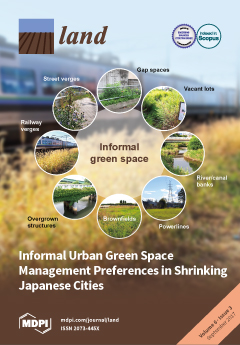Resource information
With challenges from global climate change, it is imperative to enhance food production using climate-smart technologies and maximize farm efficiency. Fifty-six households in Rudhiapada and Badamahulidiha, Odisha, India were selected to evaluate farmers’ efficiency using conservation agriculture (CA) cropping system practices. Data envelopment analysis (DEA) and regression analysis were used to estimate farmer efficiency and the determinants of yield. Conventional tillage with the local maize cultivar was compared to reduced tillage with improved maize cultivar and maize intercropped with cowpea. Badamahulidiha outperformed Rudhiapada in yields for all cropping systems. This could be attributed to lower input use and exposure to NGO training. The current efficiency level of farmers’ productivity was between 0.4 and 0.7. Inputs such as labor, seed, and fertilizers were found to be significant in increasing yield except for female labor and phosphate. This finding suggests conservation agriculture cropping system is female friendly. The conservation agriculture cropping systems improved maize yields by 60% to 70% when compared to conventional farming system. Combining conservation agriculture practices with improving efficiency of farmers in optimal use of the inputs can contribute substantially to productivity, thus enhancing food security and nutrition in the face of climate change in India and other tropical areas.


